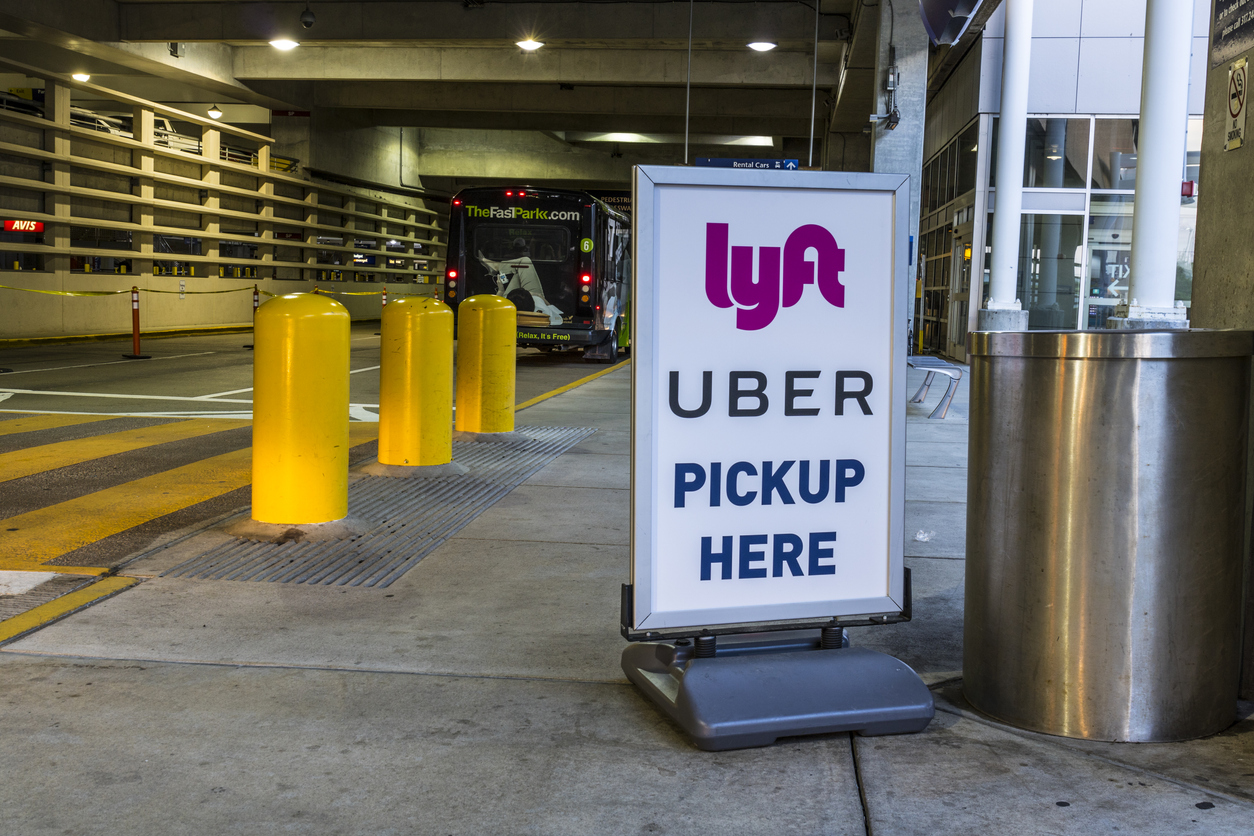
Driving for a rideshare company like Uber or Lyft in Seattle, Washington, offers flexible income, but not everyone qualifies. Both companies require drivers and their vehicles to meet strict standards before approval. In addition, the rules for driving can vary based on your state.
Whether you’re considering becoming a rideshare driver or were injured in a rideshare crash, understanding these requirements can help clarify liability and eligibility issues.
What Are the Basic Driver Requirements for Uber and Lyft?
While Uber and Lyft have slightly different application processes, they share many of the same minimum driver requirements. In Washington, rideshare drivers must:
- Be at least 25 years old for Uber (Lyft allows drivers 21 and older in some markets, but Seattle may require 25+)
- Have at least one year of U.S. driving experience (three years if under 25)
- Hold a valid U.S. driver’s license
- Pass a driving record check (serious violations may disqualify applicants)
- Pass a criminal background check (no recent felonies or violent offenses)
- Have a valid Social Security number
- Have a smartphone capable of running the driver app
Both companies also require drivers to carry their own personal auto insurance and undergo periodic re-checks of their background and driving history.
What Are the Vehicle Requirements for Uber and Lyft?
Each rideshare company has specific rules for vehicle eligibility. In Seattle, the standards generally include:
- Vehicle must be a 4-door car (no 2-door vehicles)
- Model year generally 2006 or newer (for Seattle, requirements are often stricter: typically 2013 or newer)
- No salvaged or rebuilt titles
- Must pass a vehicle inspection
- Fully functional seat belts and working windows for all passengers
- No commercial branding or taxi-style modifications
The car must be registered and insured in Washington state, although it doesn’t have to be registered in the driver’s name as long as permission is granted.
Inspection and Registration Requirements in Seattle
Seattle has its own city-level rules for rideshare drivers, including inspection and licensing requirements:
- Annual vehicle inspection by a certified mechanic or authorized inspection center
- For-hire permit from the City of Seattle or King County (depending on where the driver operates)
- A business license tax certificate may be required by the city
Failure to meet these local requirements can result in the driver being deactivated or fined.
Insurance Requirements for Rideshare Drivers in Washington
Washington State law mandates different levels of insurance coverage depending on the driver’s status in the app:
- Period 1 (App on, no ride accepted): Minimum $50,000 per person and $100,000 per accident for bodily injury; $30,000 for property damage.
- Period 2 (Ride accepted, en route to pickup) and Period 3 (Passenger in car): $1 million in third-party liability and underinsured/uninsured motorist coverage.
Uber and Lyft provide this coverage, but it only applies during active periods of driving. During offline time, the driver’s personal auto insurance is the only coverage.
What Disqualifies Someone From Driving for Uber or Lyft?
Rideshare companies run detailed background checks, and applicants can be disqualified for:
- DUI or reckless driving charges within the past 7 years
- Felonies, sexual offenses, or violent crimes
- Multiple moving violations in a short period
- A suspended or revoked driver’s license
- Failure to pass a vehicle inspection
Both Uber and Lyft reserve the right to deny or deactivate drivers who fail to meet their safety, insurance, or behavior standards.
Can Someone Sue Uber or Lyft After an Accident?
It depends. Rideshare companies classify drivers as independent contractors, not employees, which limits direct liability. However, victims injured in an Uber or Lyft accident in Seattle can typically file a claim against:
- The driver’s personal insurance, if the app was off
- Uber or Lyft’s commercial policy, if the driver was active in the app
In serious injury cases, this can involve claims up to $1 million in available coverage. Determining which policy applies (and when) is one of the most important steps in rideshare accident claims.
Why Do These Requirements Matter for Injury Claims?
Knowing whether the driver and vehicle met Uber or Lyft’s official requirements can impact:
- Whether the rideshare company’s insurance applies
- If the driver was properly authorized to operate
- Whether liability can extend to the platform
- The strength of your claim in a personal injury lawsuit
If a driver was not qualified or had a non-compliant vehicle, this could open additional paths to compensation.
Contact Our Rideshare Accidents Law Firm in Seattle, WA
For more information, contact an experienced rideshare accidents lawyer at Darrell Cochran Personal Injury Lawyer to schedule a free initial consultation. We have convenient locations in Seattle and Tacoma, Washington.
Darrell Cochran Personal Injury Lawyer – Seattle
701 5th Ave Suite 4300A, Seattle, WA 98104
(253) 948-0250
Darrell Cochran Personal Injury Lawyer – Tacoma
909 A St Ste 700, Tacoma, WA 98402
(253) 264-0225
